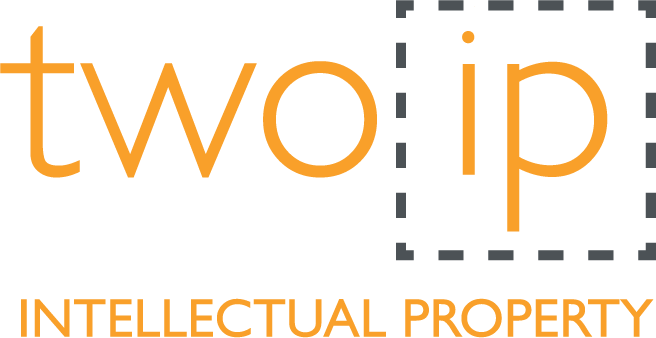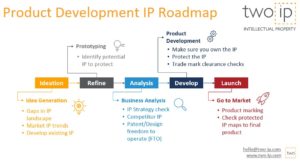
According to reports from the UK and European Patent Offices, more and more patent and trade mark owners are receiving unsolicited and unexpected requests to pay registration and renewal fees for their IP rights. However, on closer inspection these demands aren’t coming from official sources, they are a scam.
This type of scam is nothing new. However, because of the continuing increase in email traffic – a trend that’s only been exacerbated by the pandemic – instances are on the rise.
How does a patent or trade mark scam work?
The scams typically generally split into two types: patent or trade mark applications; and patent and trade mark renewals.
With a patent or trade mark application scam, the fraudster obtains a patent or trade mark owner’s details once their application becomes public.
They then use the details to send fake demands for official application or renewal fees from authentic sounding organisations like the ‘World Bureau for Intellectual Property or ‘International Patent and Trade Mark Office’ (you can find a more complete list of the fake IP organisations that have been reported here).
With a patent or trade mark renewal scam, they will also find the date of each renewal and use that along with the name and address details to make their demands look even more genuine.
More worryingly the invitations will often identify a PCT application by its international publication number, its publication date, the title of the invention, its international application number and its priority information to make it look even more legitimate.
The requests also often come with large red ‘WARNING’ or ‘FINAL DEMAND’ watermarks across the middle to wrong foot the recipient and create additional panic.
However, despite the fact they use official sounding names and official looking stationery, language, and details, they are being created by unscrupulous individuals deliberately attempting to mislead you.
What should you do if you receive an unsolicited demand for patent or trade mark fees?
Firstly, all correspondence relating to your patent or trade mark applications, including renewal fee reminders, will be sent by the relevant IP Office to your attorney to be dealt with and your attorney will report them to you. Any costs relating to your application or a renewal fee will appear in your attorney’s bill to you, clearly accounting for each charge.
The only exception to this rule is if your attorney has transferred management of renewal fees on a granted patent, trade mark or registered design to a specialist renewals or annuities provider like Renewals Desk, the service Two IP use.
This means if you are in any doubt about the legitimacy of any payment request you receive, you should immediately send a copy to your attorney.
They can then contact the relevant IP body to report it so that it can be investigated. They will also confirm there is nothing for you to pay or to worry about.
Under no circumstances should you pay any invoice that does not come from your attorney or from the specialist annuities provider that they use – in our experience, it will be almost impossible for you to get your money back.
If you are based in the UK and want to take the matter further, you can send copies of any scam invoice that you receive to the UK Intellectual Property Office at misleadinginvoices@ipo.gov.uk, to Action Fraud, and/or to your local Trading Standards office in addition to sending a copy to your patent or trade mark attorney.
If you would like to find out more about how Two IP would manage and safeguard your IP portfolio, please email us today.





